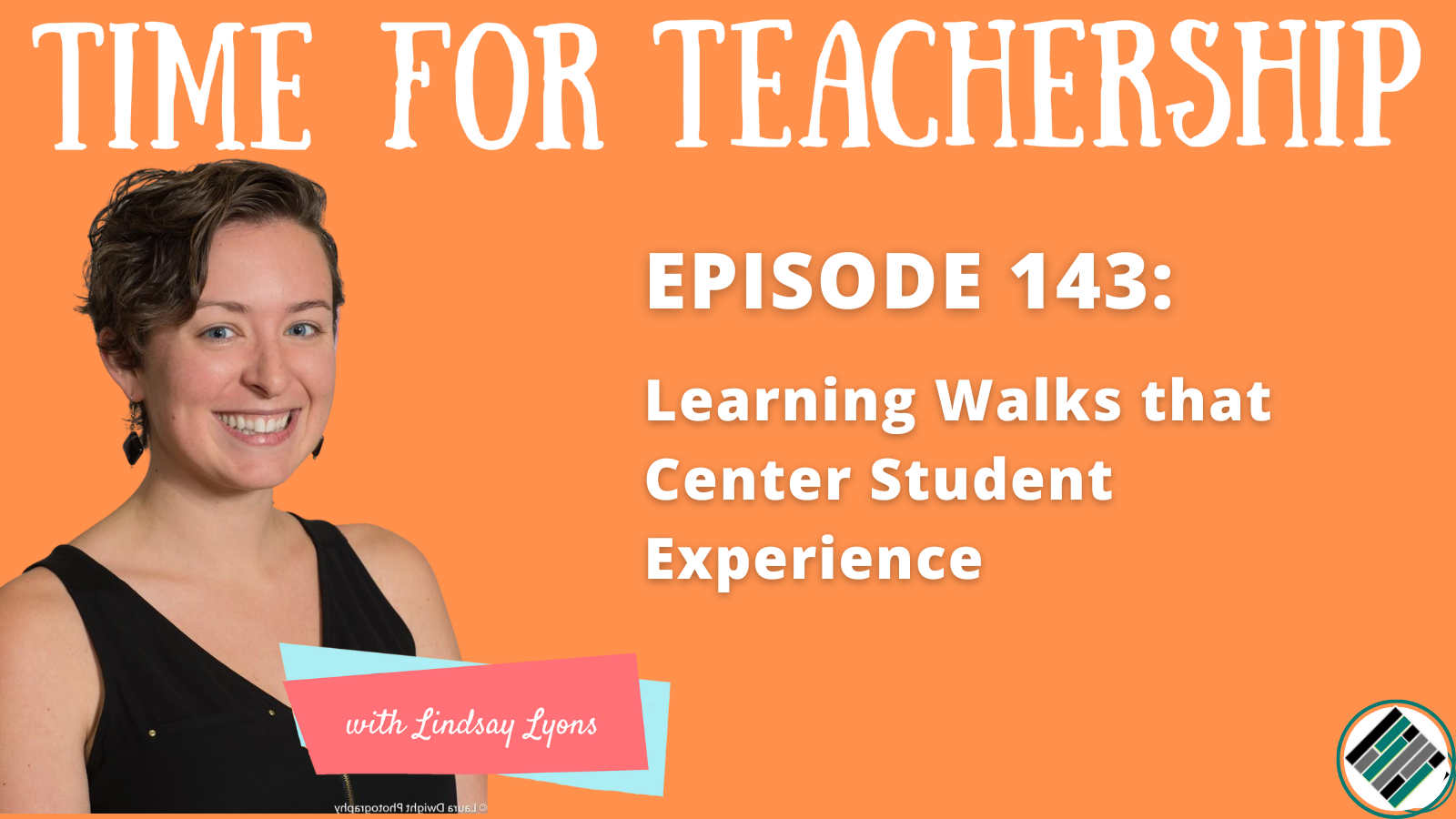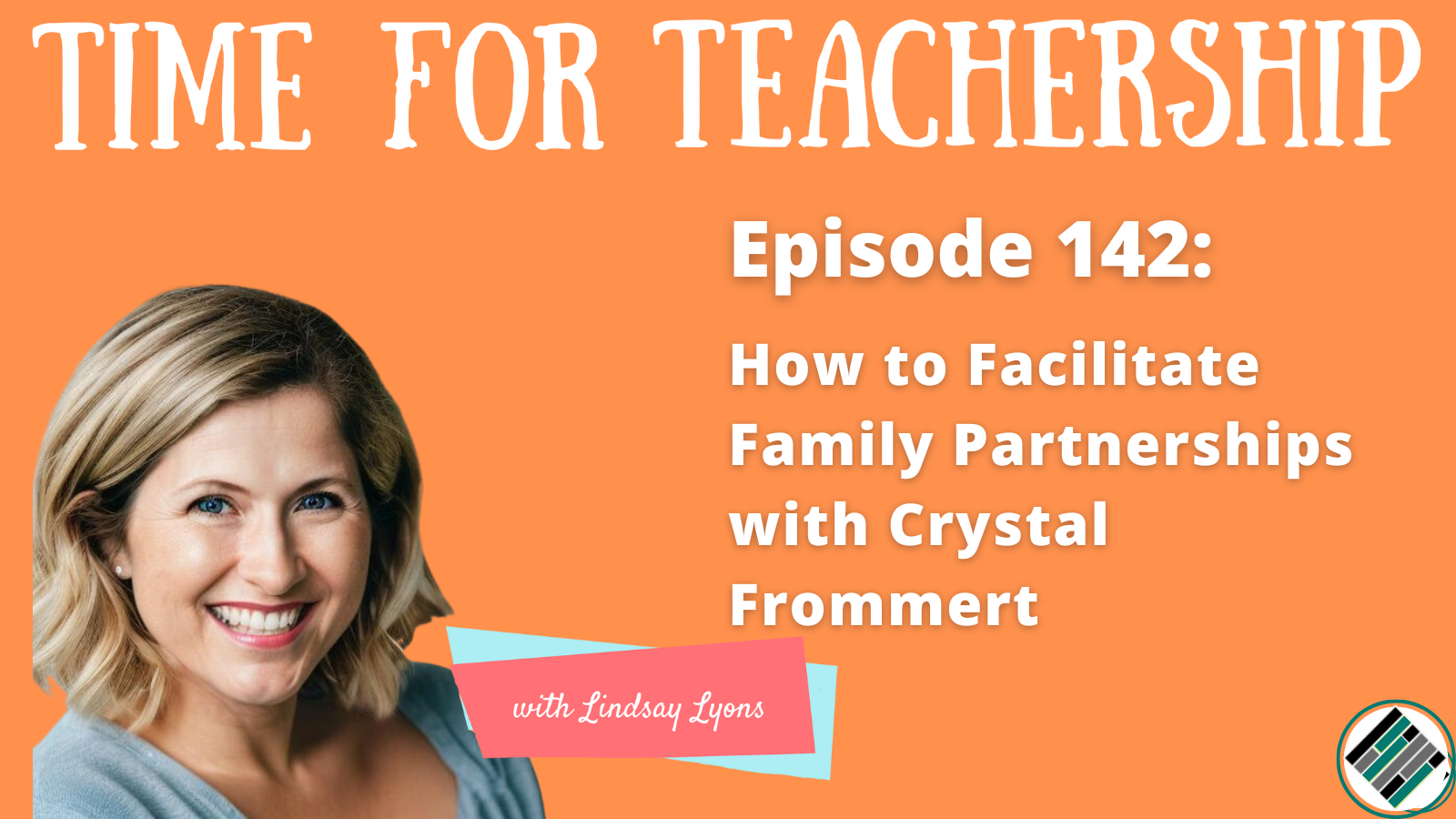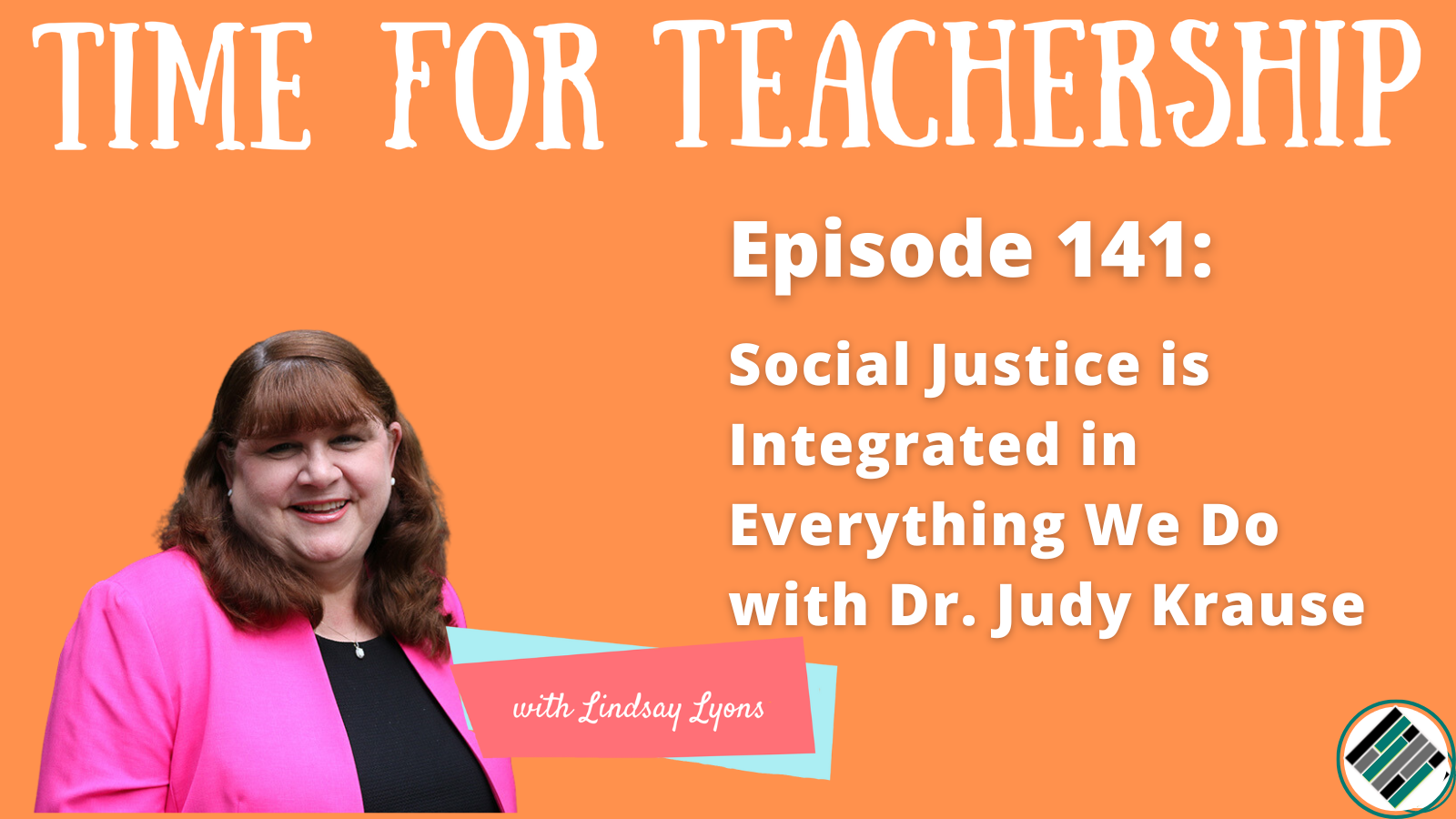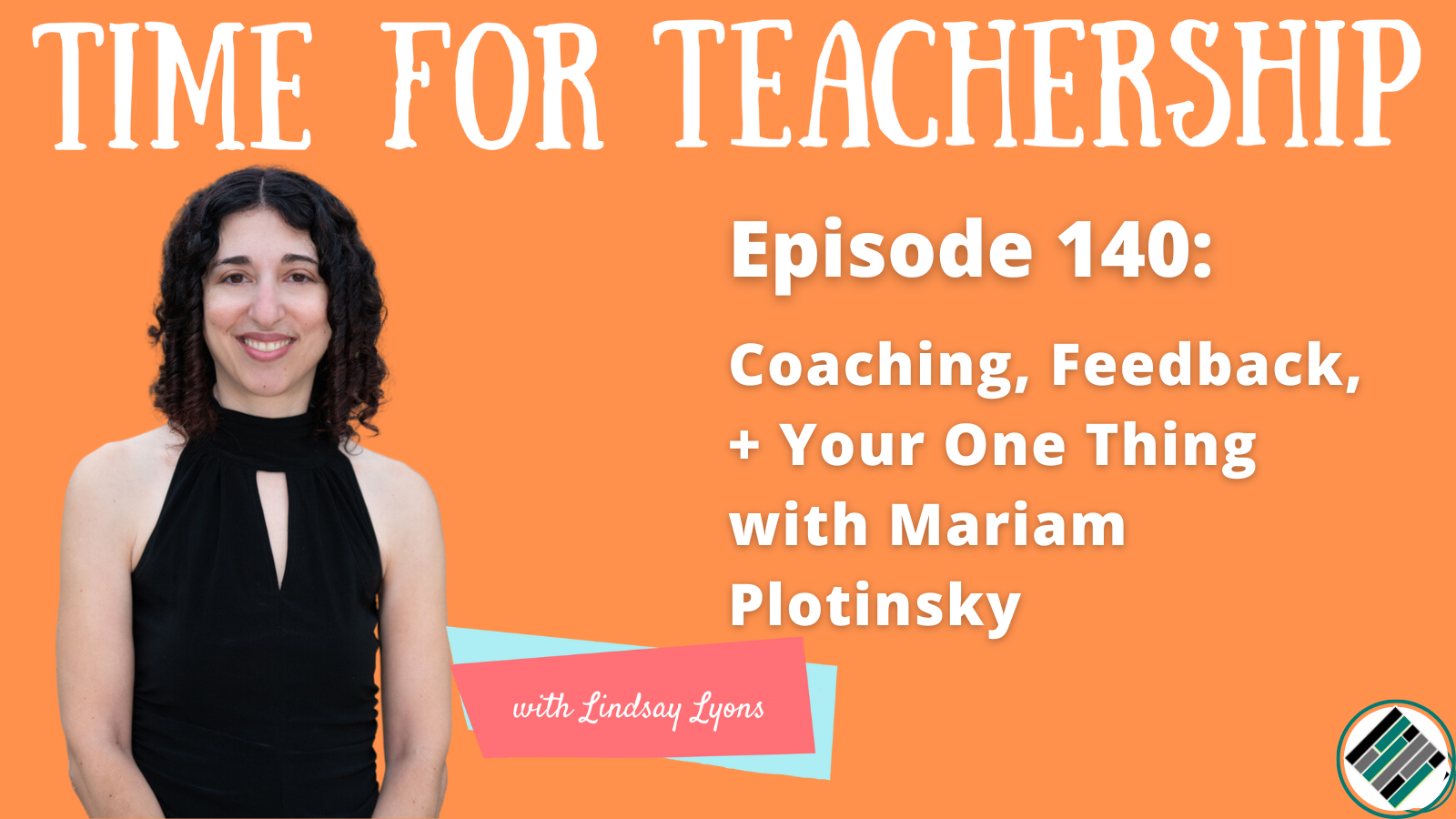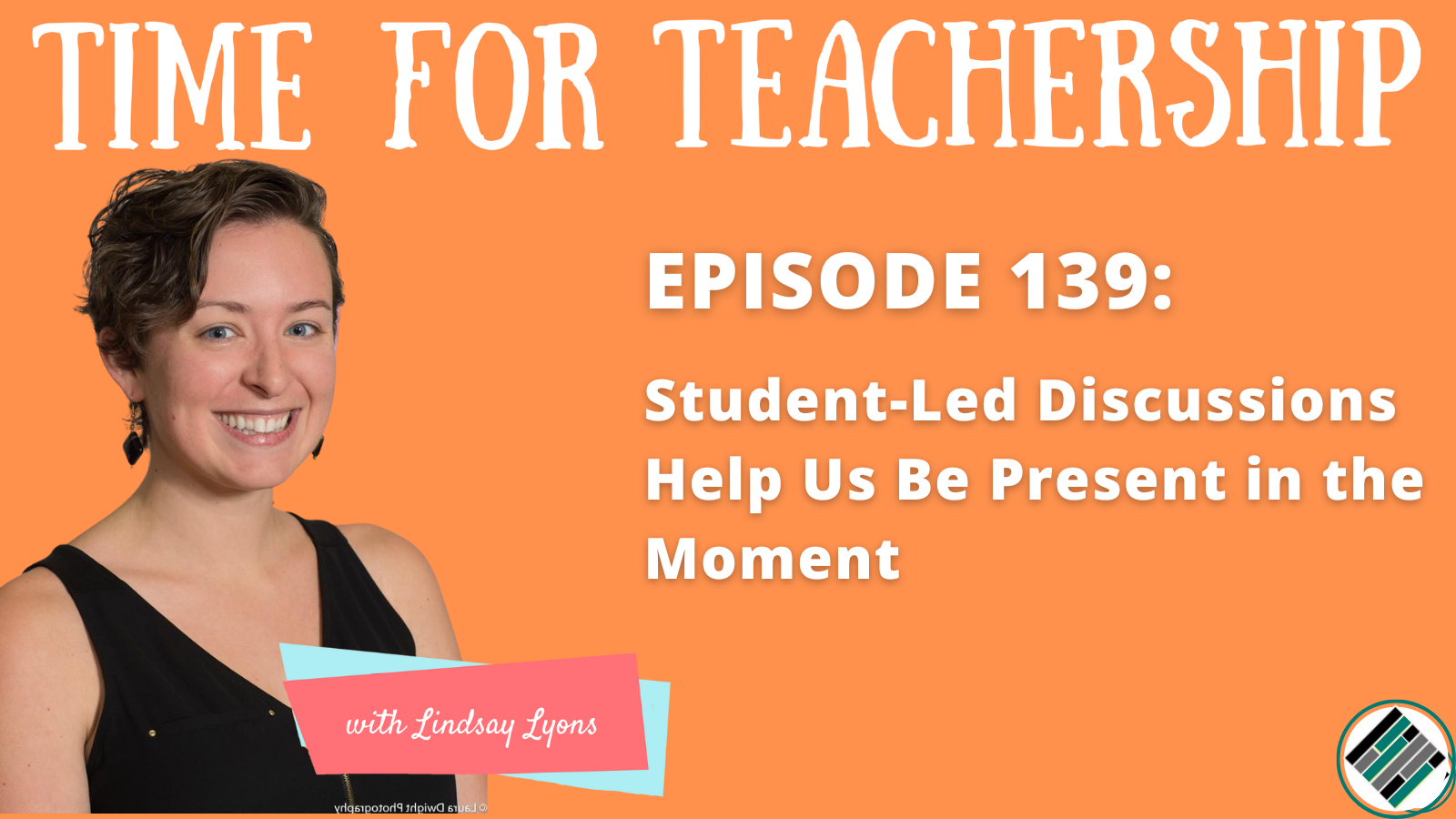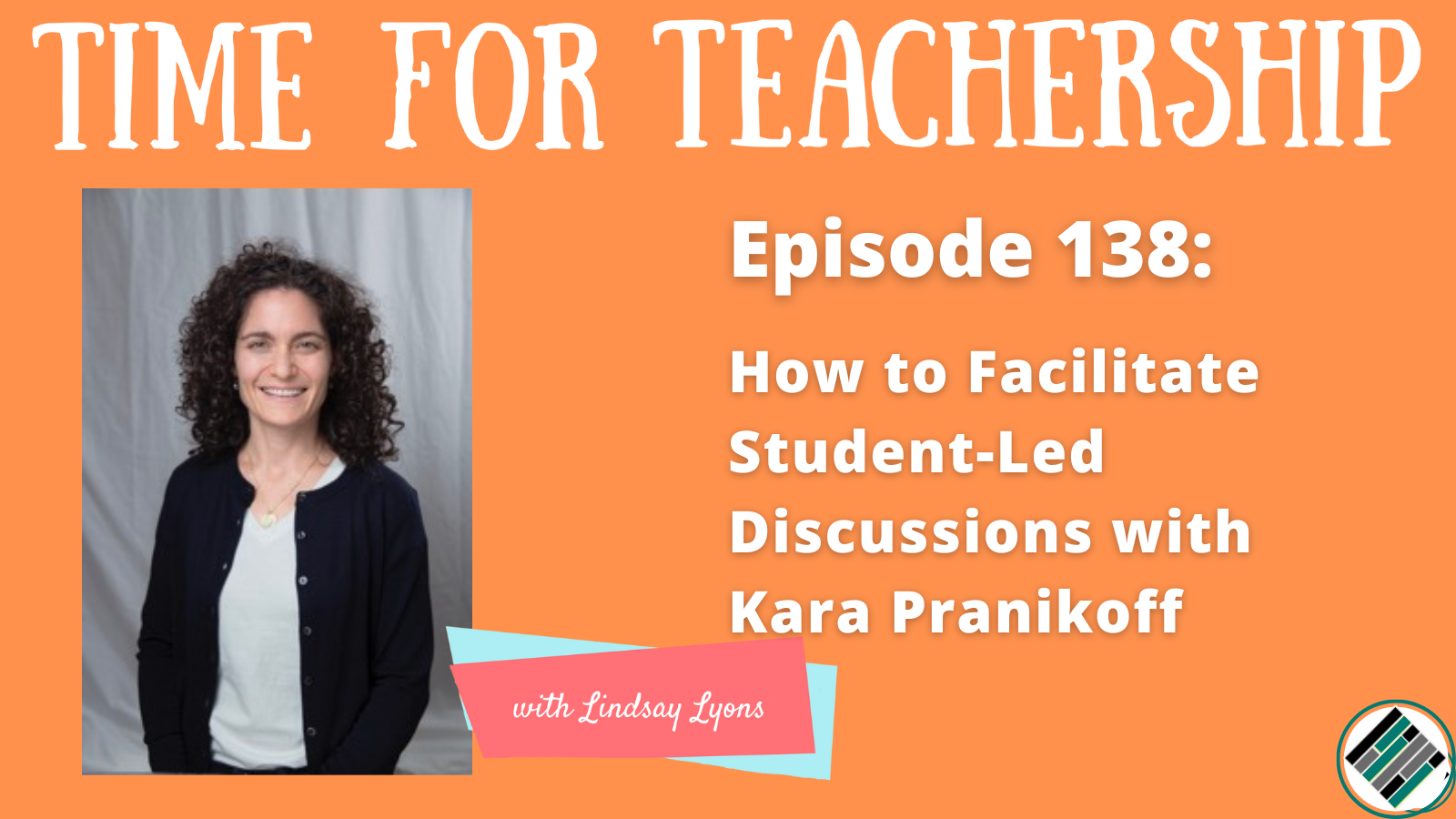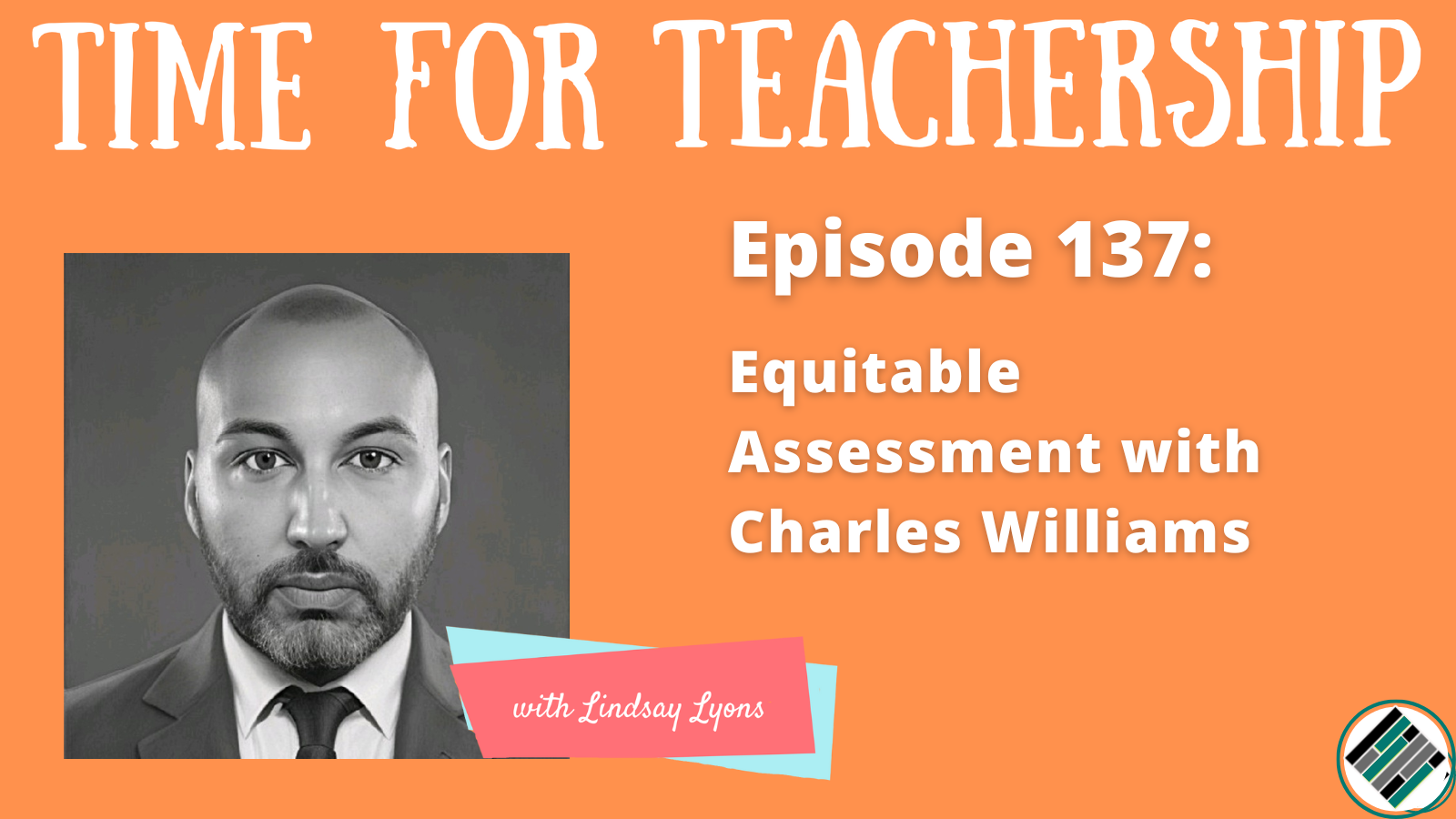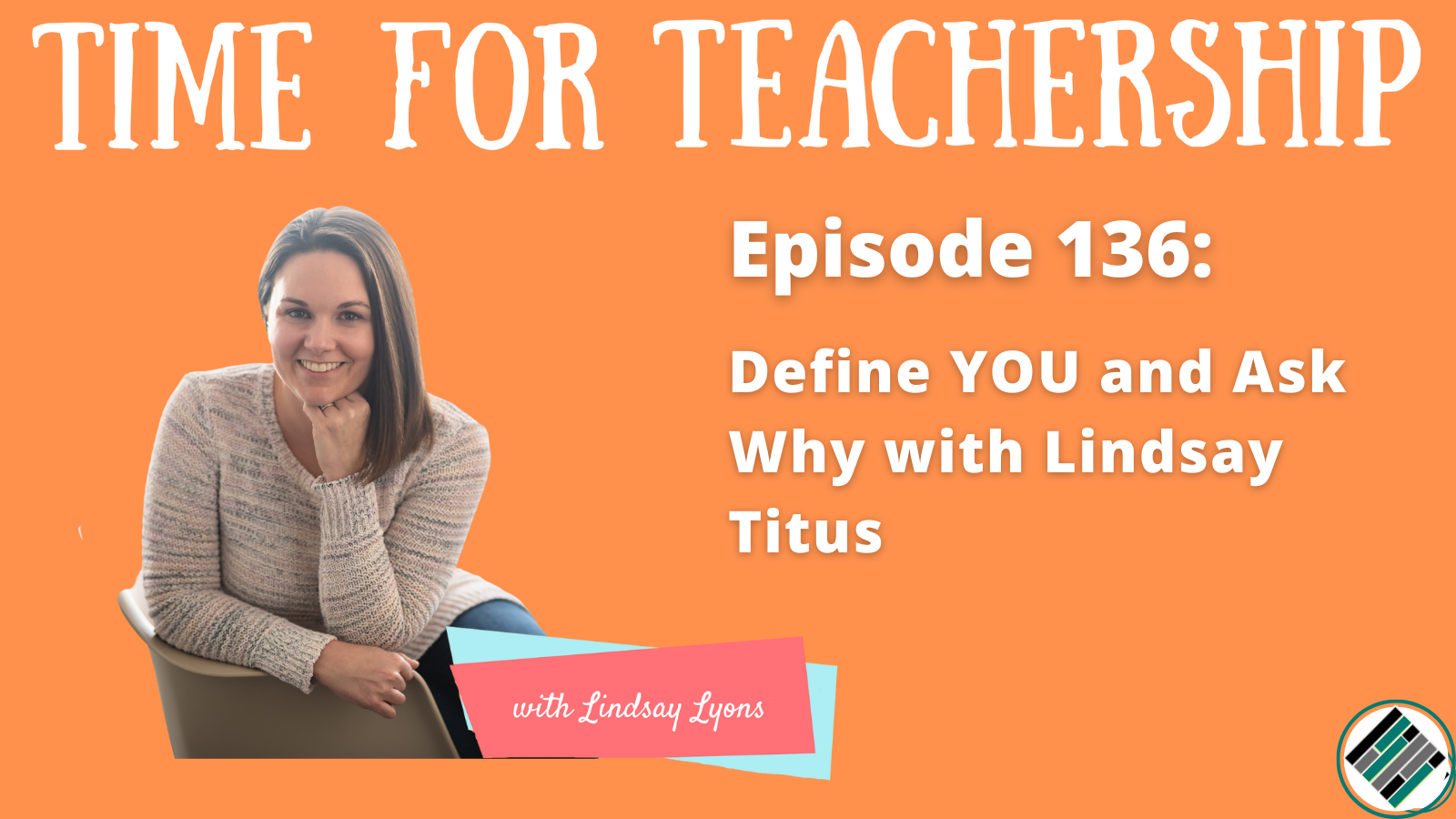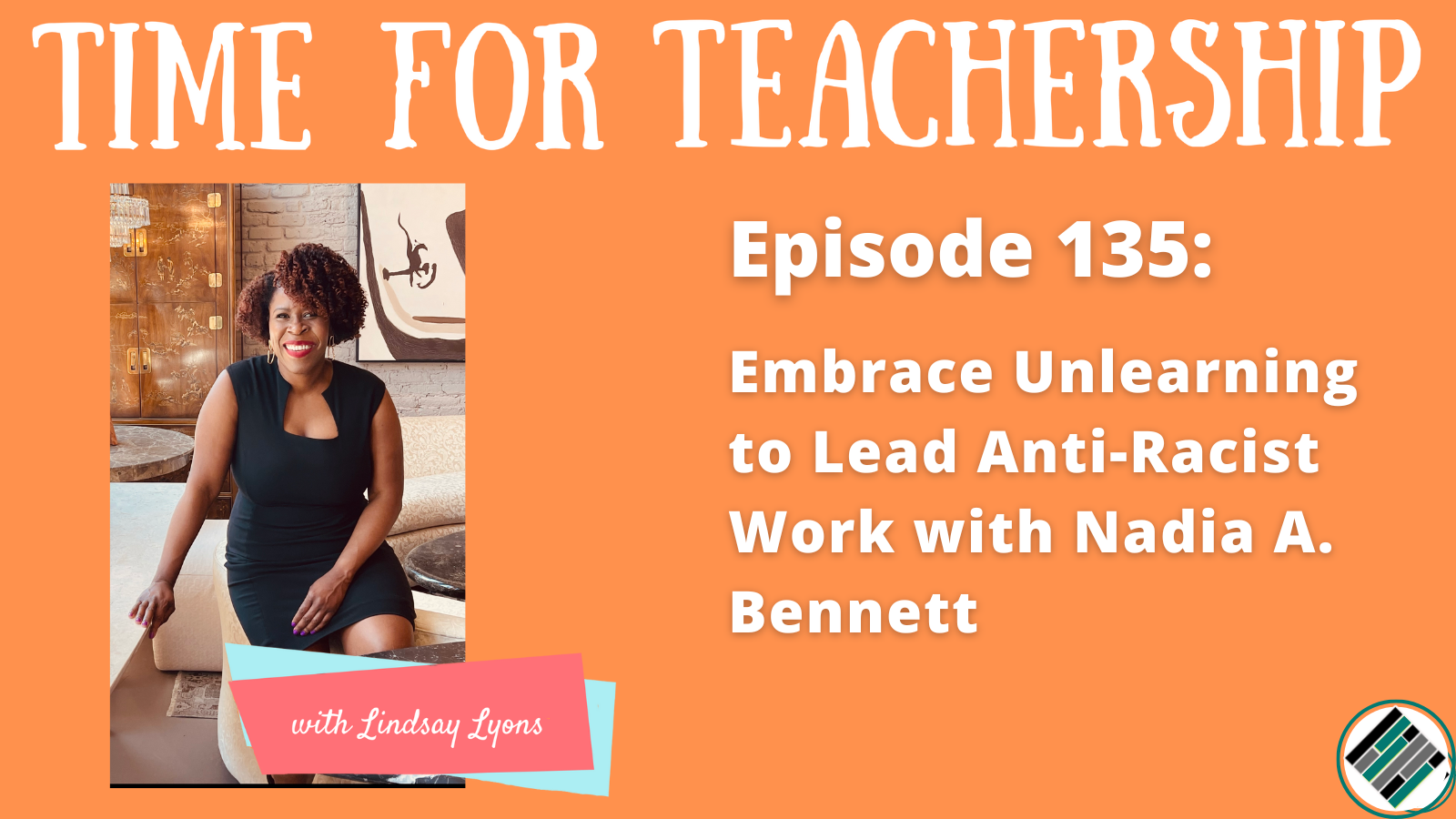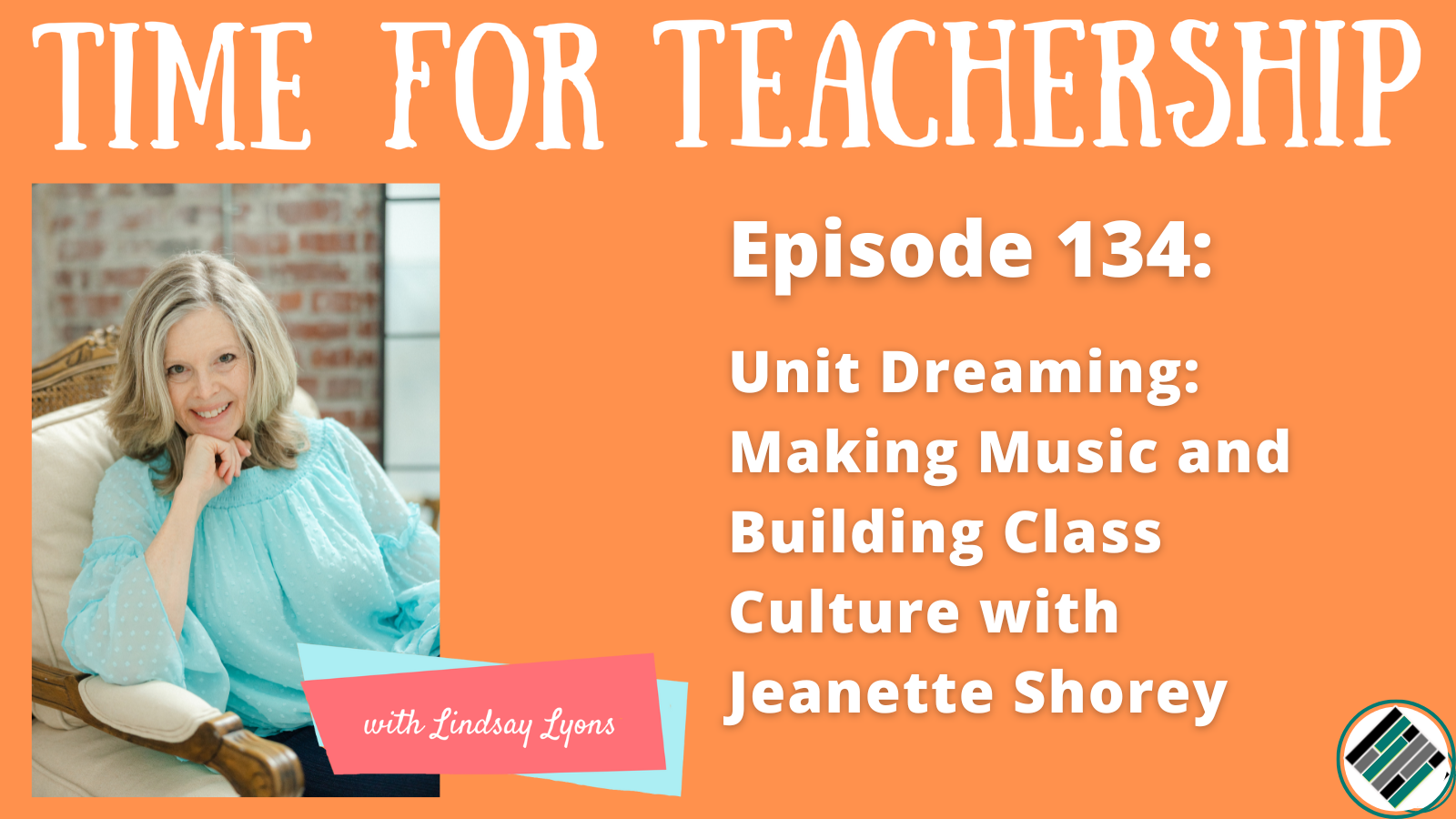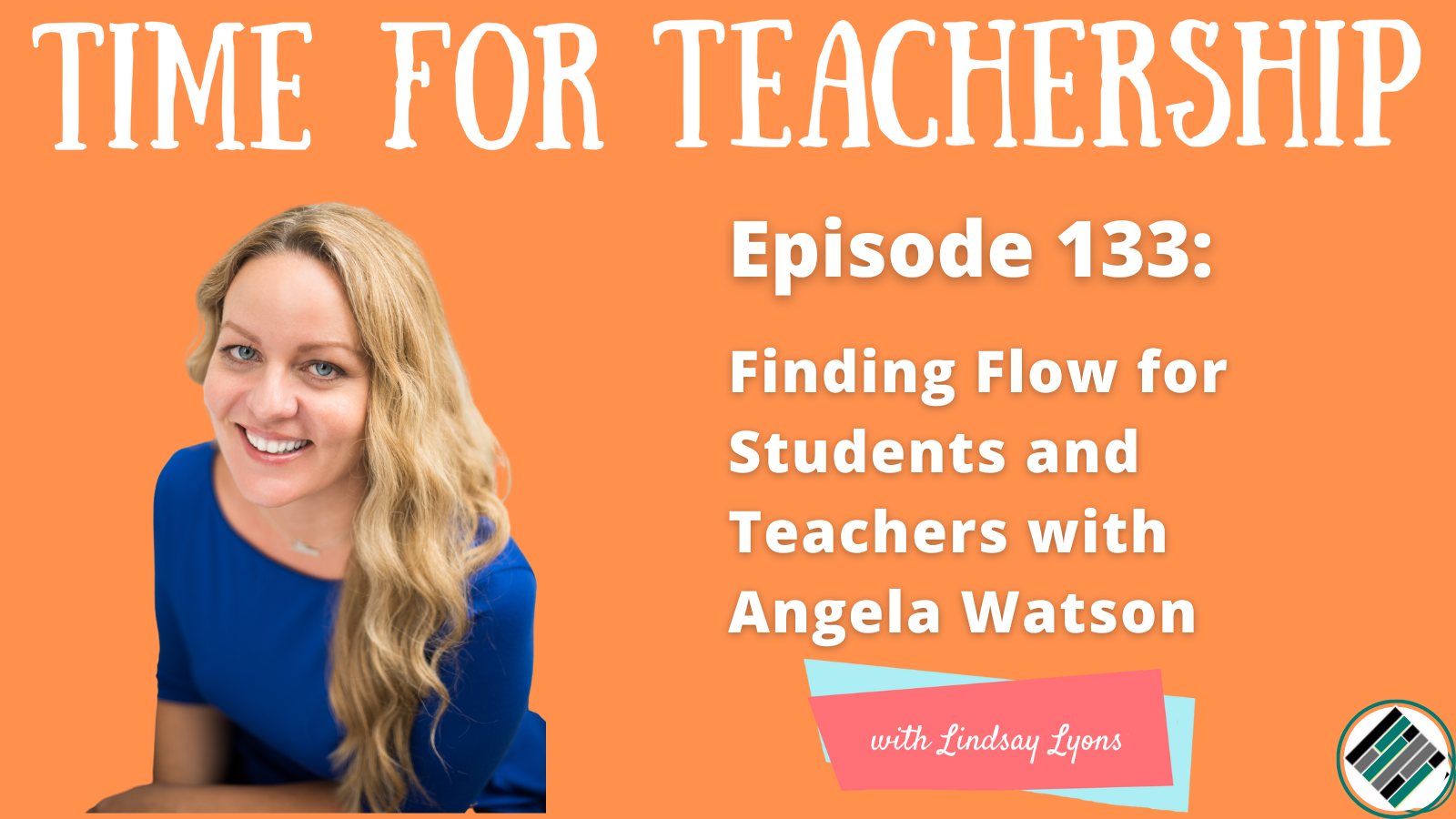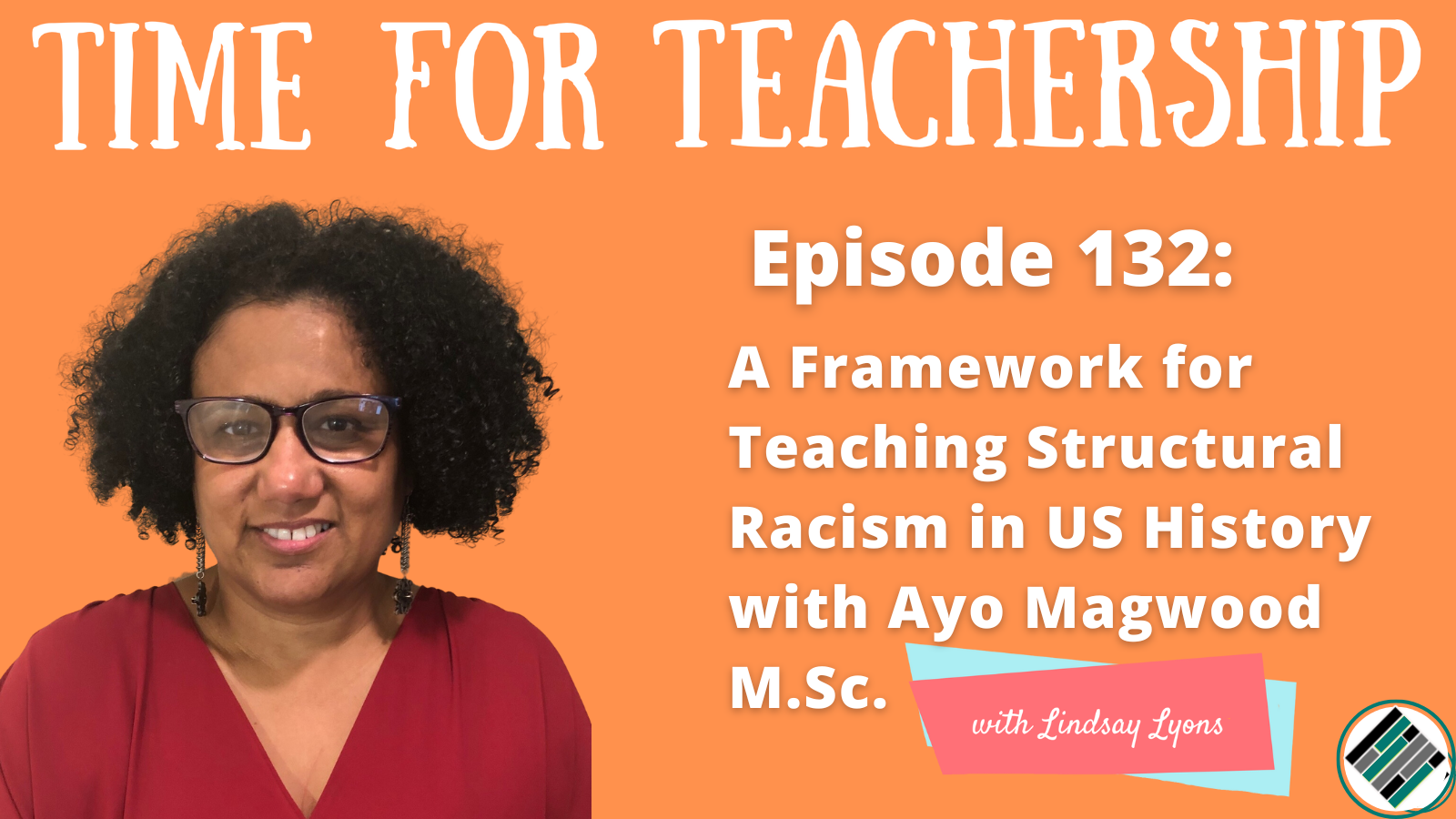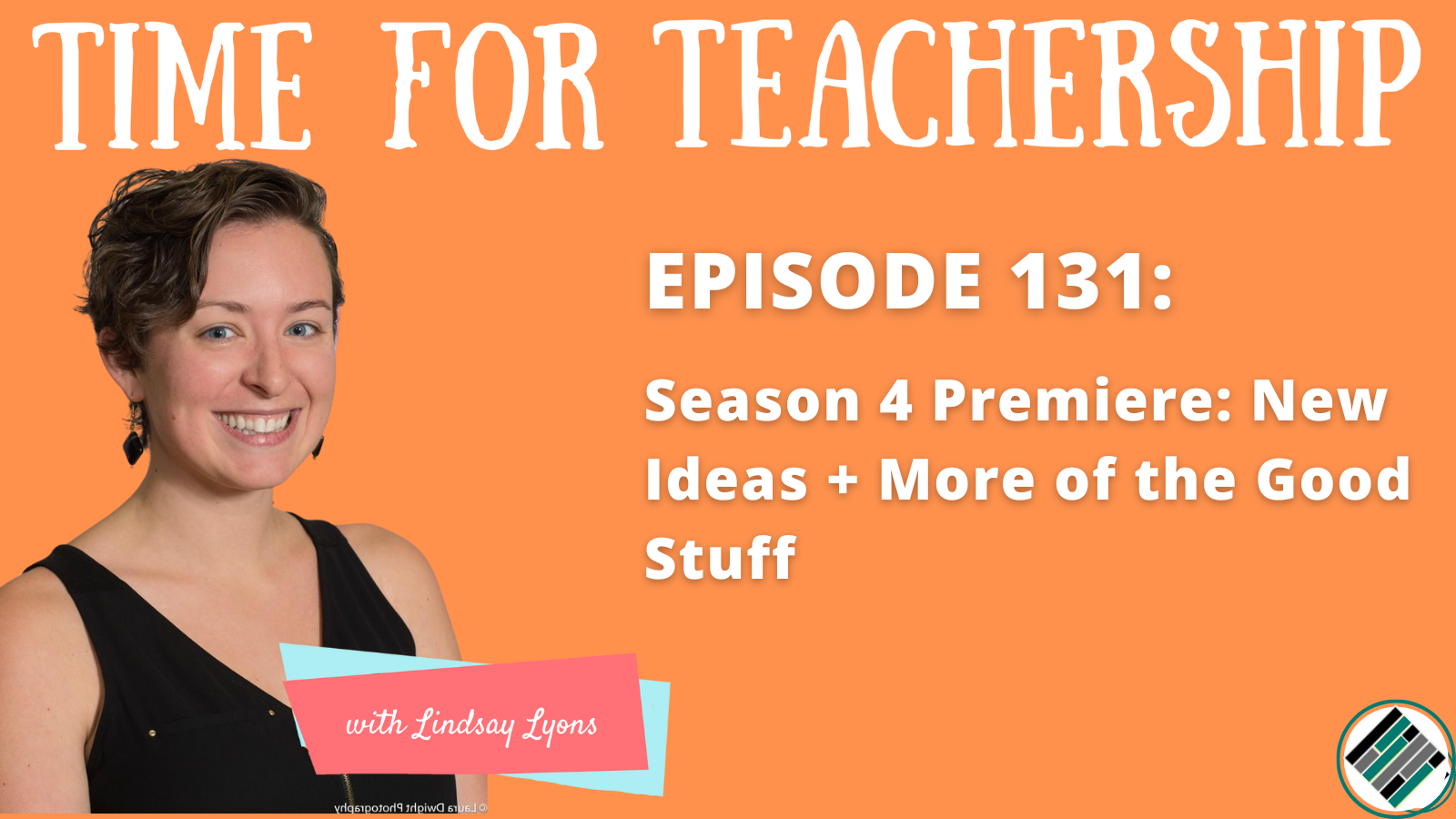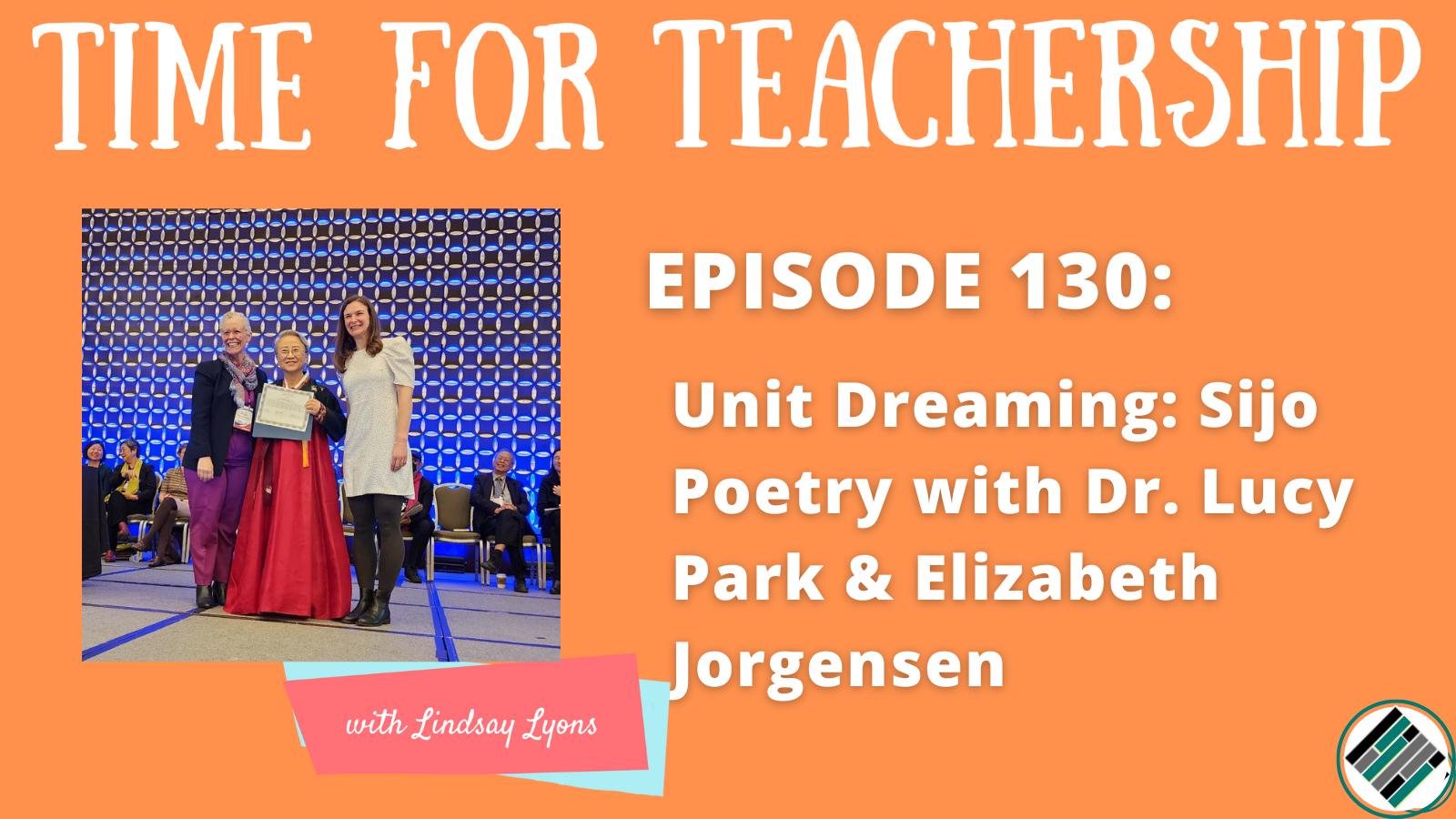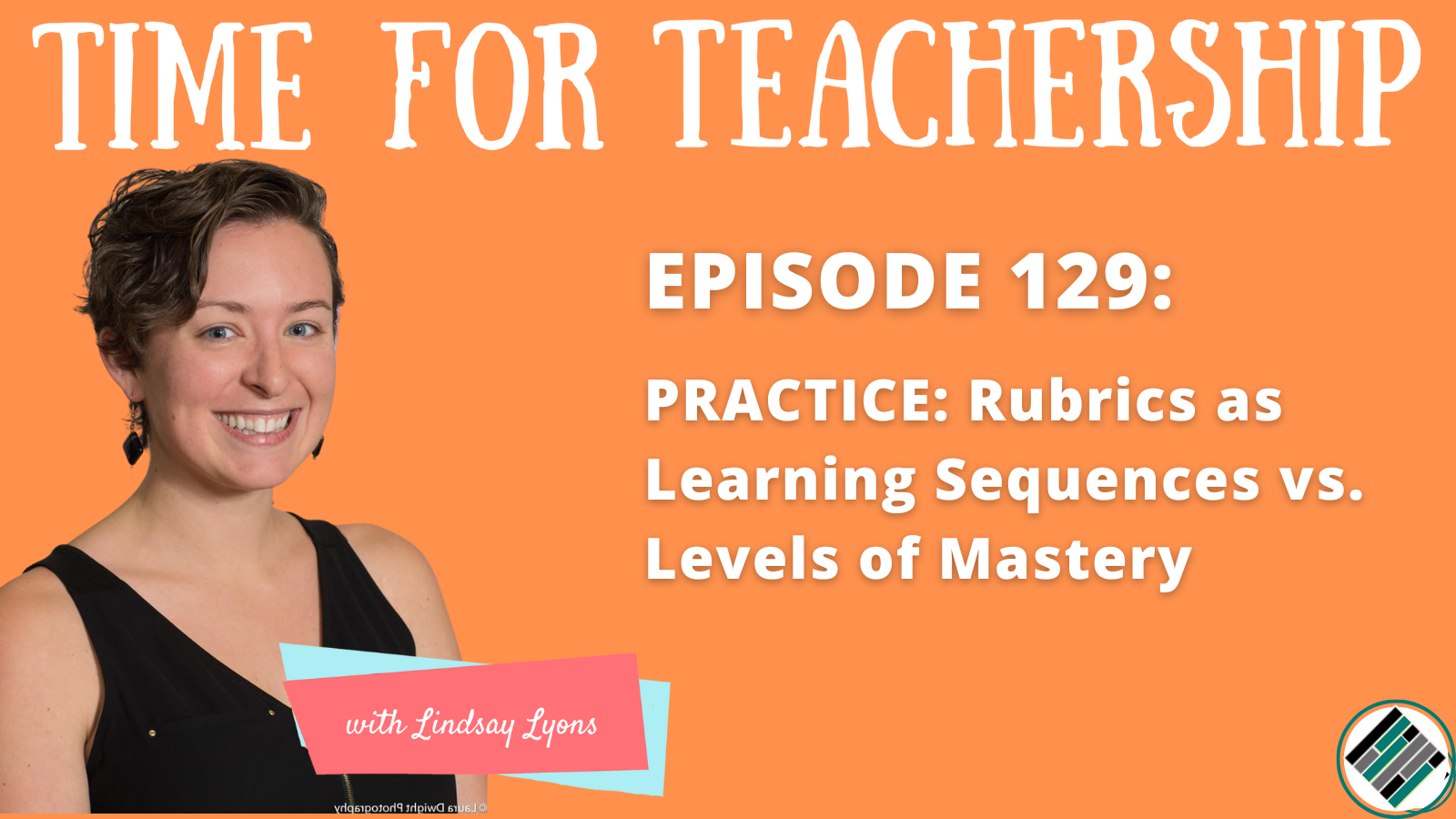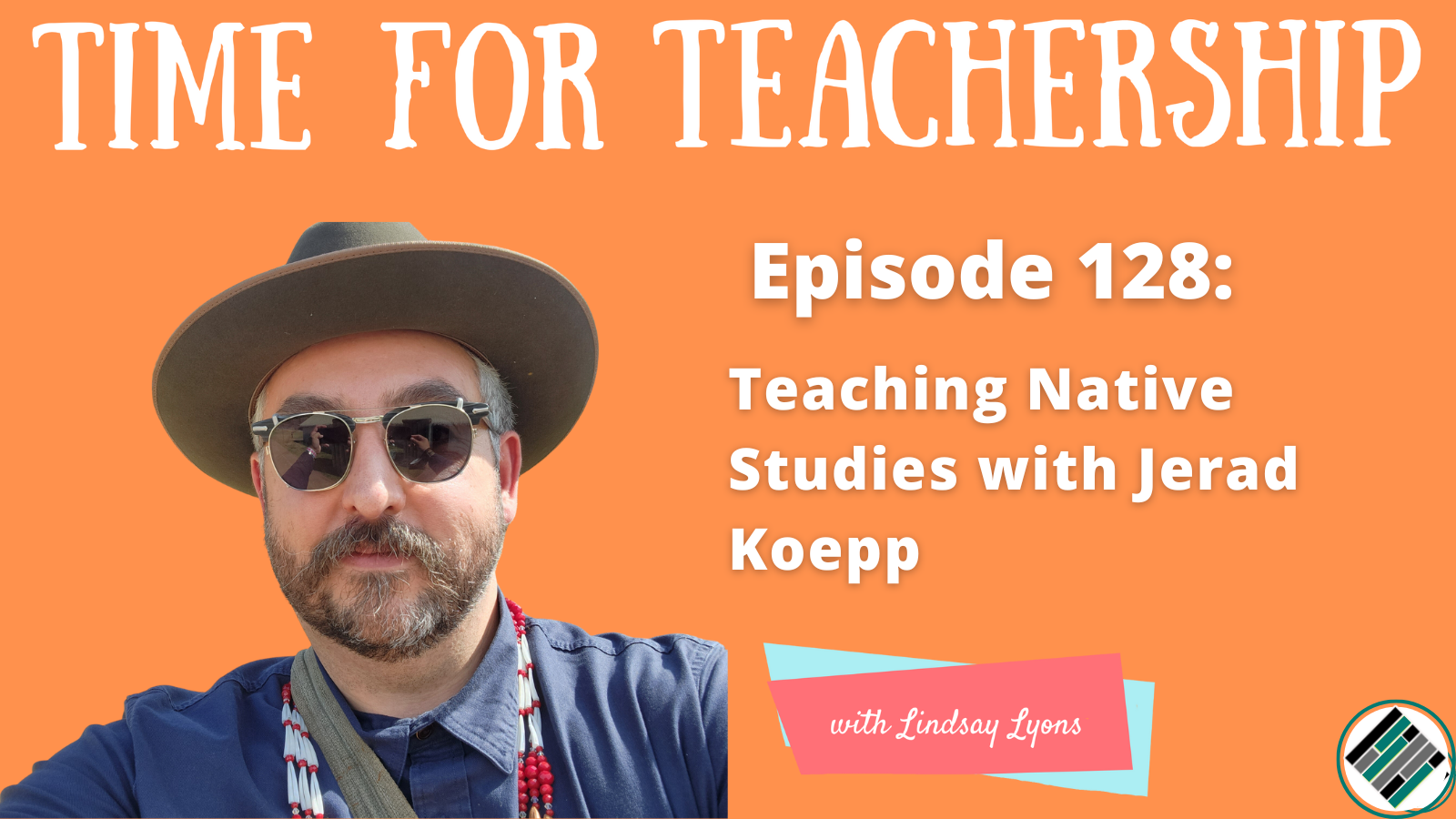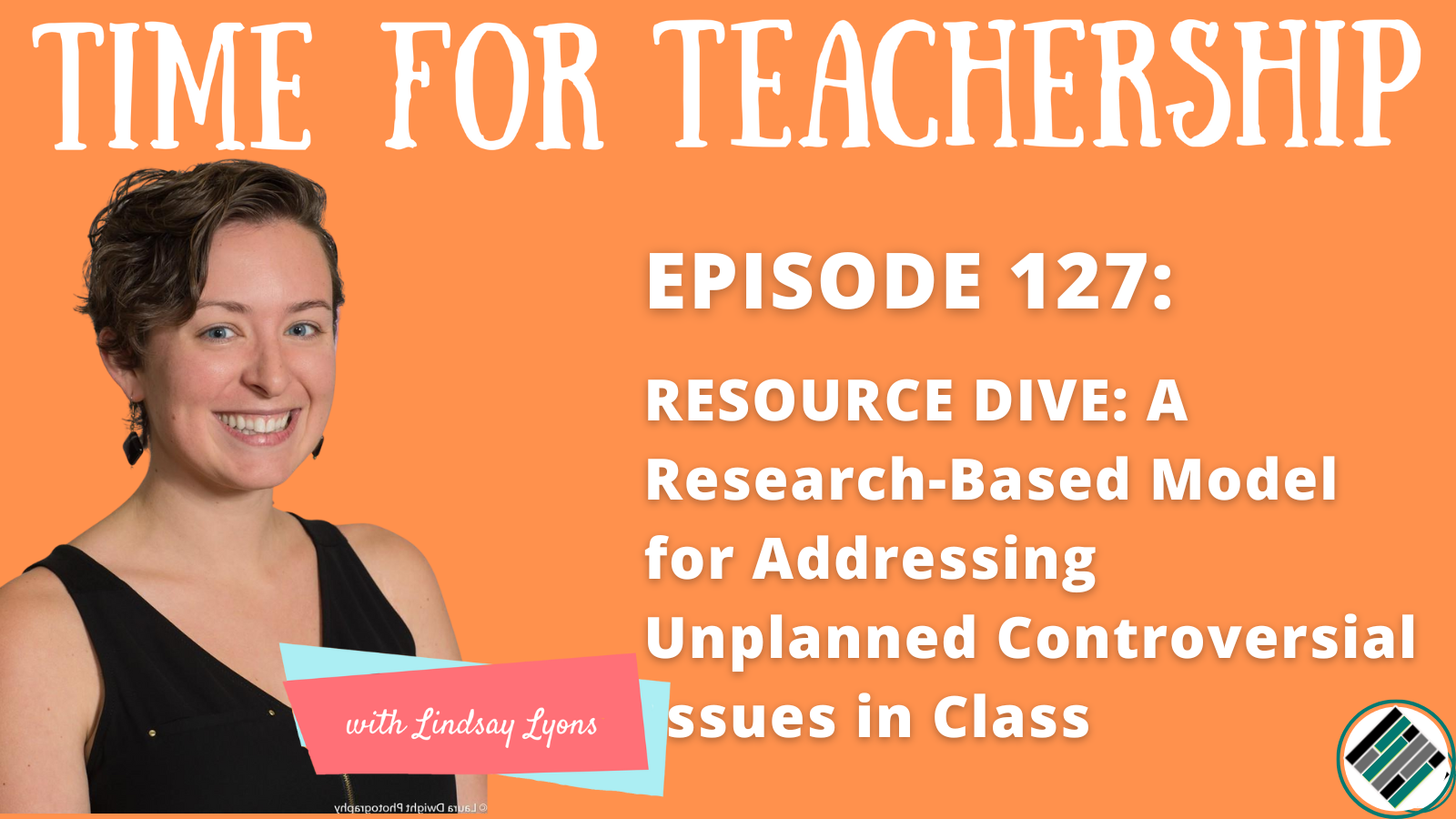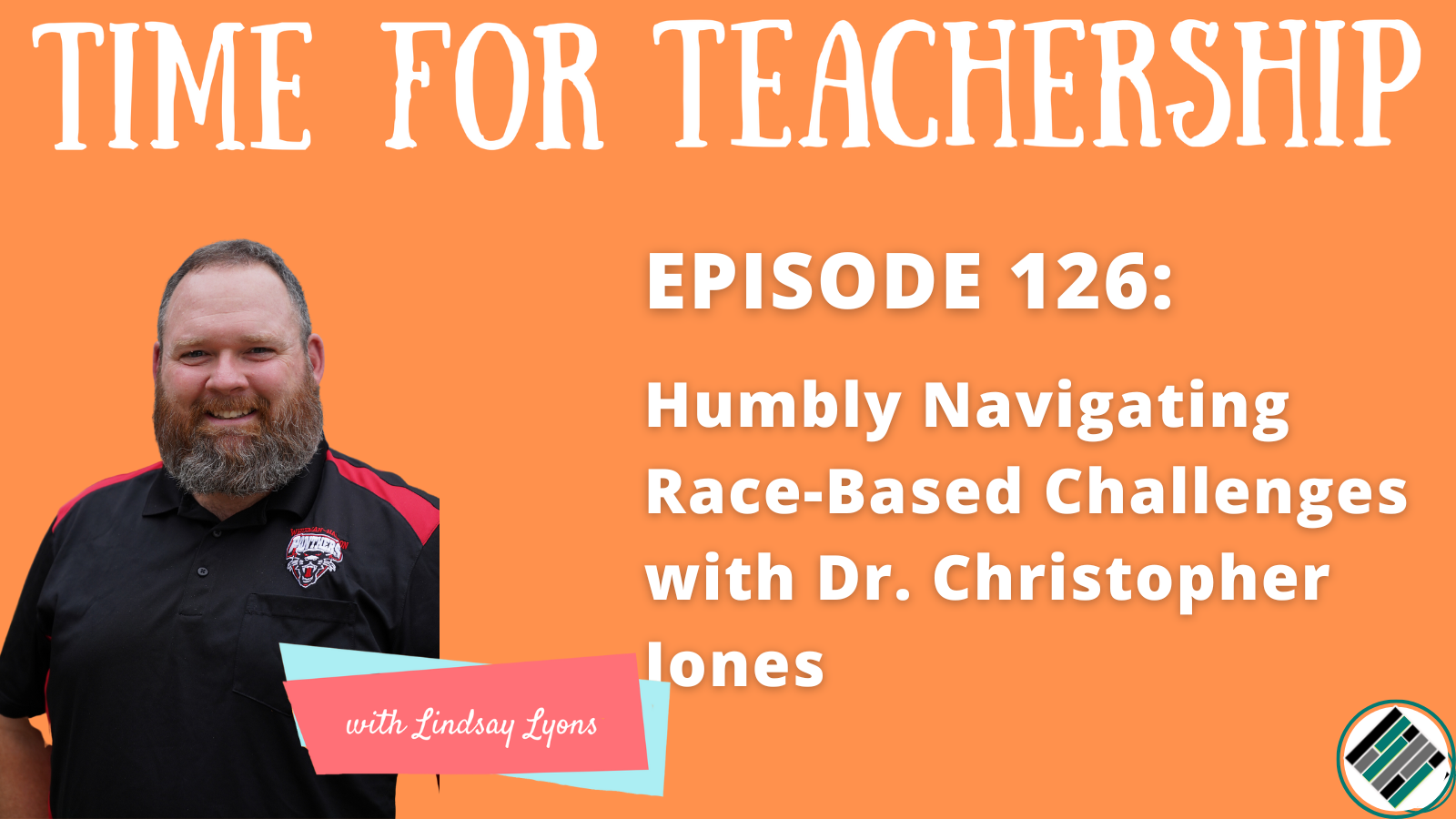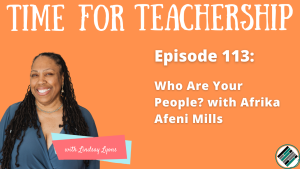
Author of Open Windows, Open Minds: Developing Antiracist, Pro-Human Students, Afrika Afeni Mills is back on the podcast! Afrika wants to build community and help folx keep their chins up through this challenging work.
The Big Dream
For us as educators to be courageous and strategic. (The kids are doing it, but they shouldn’t be alone doing it!)
Mindset Shifts Required
White-identifying people should do antiracist work for themselves. All people want to be whole and healed. We can look to white antiracist role models as guides and for motivation and encouragement to do this work.
Many white folx have heard they need to decenter themselves, and so they may lean back. Instead, we can offer an alternative way to be. There’s a nuance to decentering. It doesn’t mean silence or to not be represented at all. It means what’s beautiful should be represented.
Young white-identifying children don’t have great books to learn about people who look like them that have been doing antiracist work (both in the past and the present).
Caterpillar to Butterfly Metaphor: The hard transformation happens in the chrysalis, and we can’t open it up early or the caterpillar will die.
Actions Educators—Specifically White Educators—Can Take
Pause and reflect. (Engage in these activities as you read Afrika’s book!)
Write an obituary of the way we used to believe something. It’s hard to face this stuff!
Write a letter to your younger self as part of your racial healing. Maybe even create a story to share with your students based on your story.
Do these things to understand our own foundations and how things got to be the way they are before taking action. This will sustain the work.
Leaders: Make space for teachers to 1) Do racial healing and identity work, and 2) Take action with students. Do this work yourself too!
One Step to Get Started
Use a framework. A great, free example is the CARE Framework!
Also: Give teachers space to do this. Partner with families. Have the will to do it, have a plan for how we’ll keep this work going in the face of inevitable resistance.
Stay Connected
You can find this week’s guest on www.afrikaafenimills.com, on Twitter, Instagram, Facebook, and LinkedIn.
Referenced Links:
- Sharif El-Mekki: Reviving the legacy of the Black teaching tradition TED Talk video
- Teaching While White’s White Antiracist Activists
- Lynn Burnett’s Site (click the White Antiracism section for the drop down)
- Not My Idea book
- Nettie’s Trip South book
To help you do anti-racist, pro-human, healing work, Afrika is sharing an amazing resource-packed Padlet with you for free. And, if you’re looking for more details on the ideas in this blog post, listen to episode 113 of the Time for Teachership podcast. If you’re unable to listen or you prefer to read the full episode, you can find the transcript here.
Quotes:
- “When it came time for nonviolent resistance and civil rights and things like that, we were really very strategic about…how are we going to make sure that people can?…We need to make sure we are—in tangible ways, supporting one another to keep the work going.”
- “I understand that you’ve been told to decenter, but that does not mean silence. It does not mean not participating. When we’re talking about decentering something, we’re trying to decenter the thing that takes away from our humanity.”
- “The natural thing that will happen with a human being if you don’t see yourself, you’re going to constantly look for that, and there are…folx who have ill motives who are waiting to recruit those children…and what they’re offering them is something very toxic.”
- “When we’re isolated and doing this work in pockets, it’s easier to stop it, but when we’re unified and in solidarity with one another, we can get a lot more done. The stakes are so high. We’re talking about children, and we’re talking about our country.”
- “It’s not pausing the learning to do this. It’s part of the learning…It’s all integrated.”

